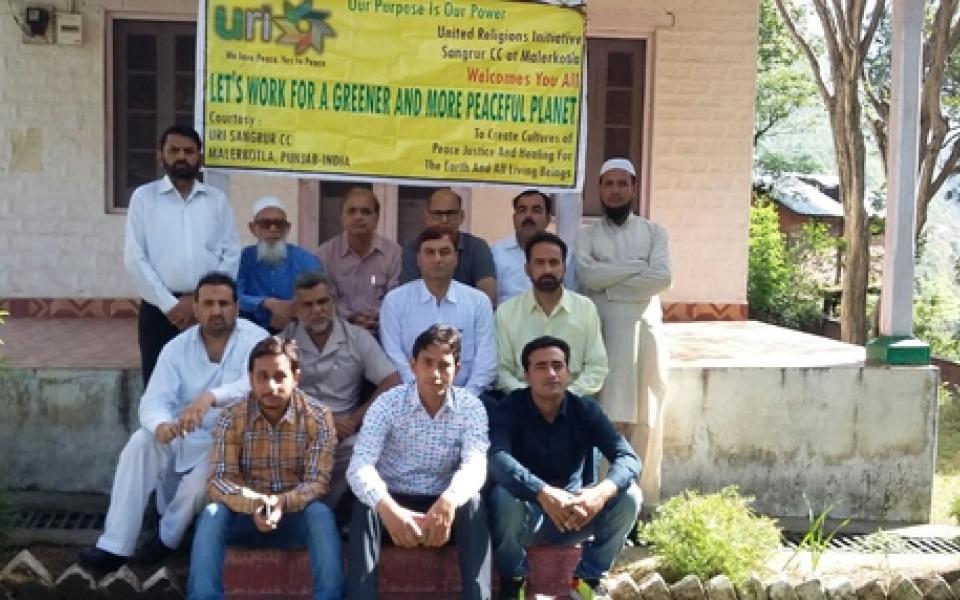
India is known as a land of rich heritage, diverse culture, traditions and languages, but like many countries, we have at times struggled to unite as “Indians” first and foremost. Contemporary India has witnessed structural changes at basic economic and political levels, but the historical sociocultural shifts have also defined us.
Punjab, the land of five rivers, was a gateway to India for invaders, traders, and migrants for thousands of years. Aryans and Dravidians, Hindus and Muslims shared the land for generations. A great number of Sufi Muslim saints and Hindu bhagats sowed seeds of peace and communal harmony there. Baba Nanak’s teachings and others’ revolutionized the sociocultural setup by awakening the community’s eyes. Mian Mir, a staunch devotee of the Sikh guru Arjan Devji laid the foundation stone of Sri Harmandir Sahib in Amritsar in spite of being a Muslim. Maharaja Ranjit Singh, the Lion King of greater Punjab, demonstrated the ideas of national integration and universal brotherhood by adopting Persian as his court language, and high positions were divided equally amongst men of different religions. Today, Punjab’s contributions are easily overlooked, but what its people continue to do in uniting the diverse communities for universal brotherhood and peaceful coexistence is invaluable.
Malerkotla, one of the oldest towns of Punjab, came into existence more than five centuries ago. It has layers and layers of history beneath its present structures. It was the headquarters of a Muslim state for a long period, and after independence, it was the only Muslim majority town in East Punjab with a cultural identity of its own. It has smaller Hindu and Sikh populations as well, and the three communities live in peace and communal harmony stemming from the town’s historical legacy, presenting a true picture of unity in diversity with its liberal ethos. the town has preserved its unique non-sectarian and secular character. It is noteworthy that when the Indian Sub-Continent was engulfed in the religious turbulence of Partition in 1947, the town preserved its unique non-sectarian and secular character. Muslim subjects of all the neighboring Princely States and those living in East Punjab migrated to Pakistan, but Malerkotla’s Muslim residents mostly chose to stay. The town was absolutely free from bloodshed, loot, or plunder. Today, Malerkotla is the only town in East Punjab to have Muslims as the majority of the total populace, as 70% of residents are Muslims, most of them of the Sunni sect.
The Muslim, Hindu and Sikh communities of the town celebrate the festivals and fairs of every religious community with enthusiasm. Most people in town speak a mixture of Punjabi, Urdu, and Hindi. Apart from this peculiar accent, the people of the town share a common lifestyle and share a common sociocultural milieu, which has been evolved over the years.
We know that our town has a unique tradition of interfaith peace, when so many others even in India bear marks of religious violence and difference. Peace should be basic everywhere, and mean the same thing to the common man and the upper classes too. Our CC seeks to preserve Malerkotla’s history of being a place where different faiths could heave a sigh of peace and relief together without any bias. Even here it can be difficult, and language and practice of peace requires continuous work.
